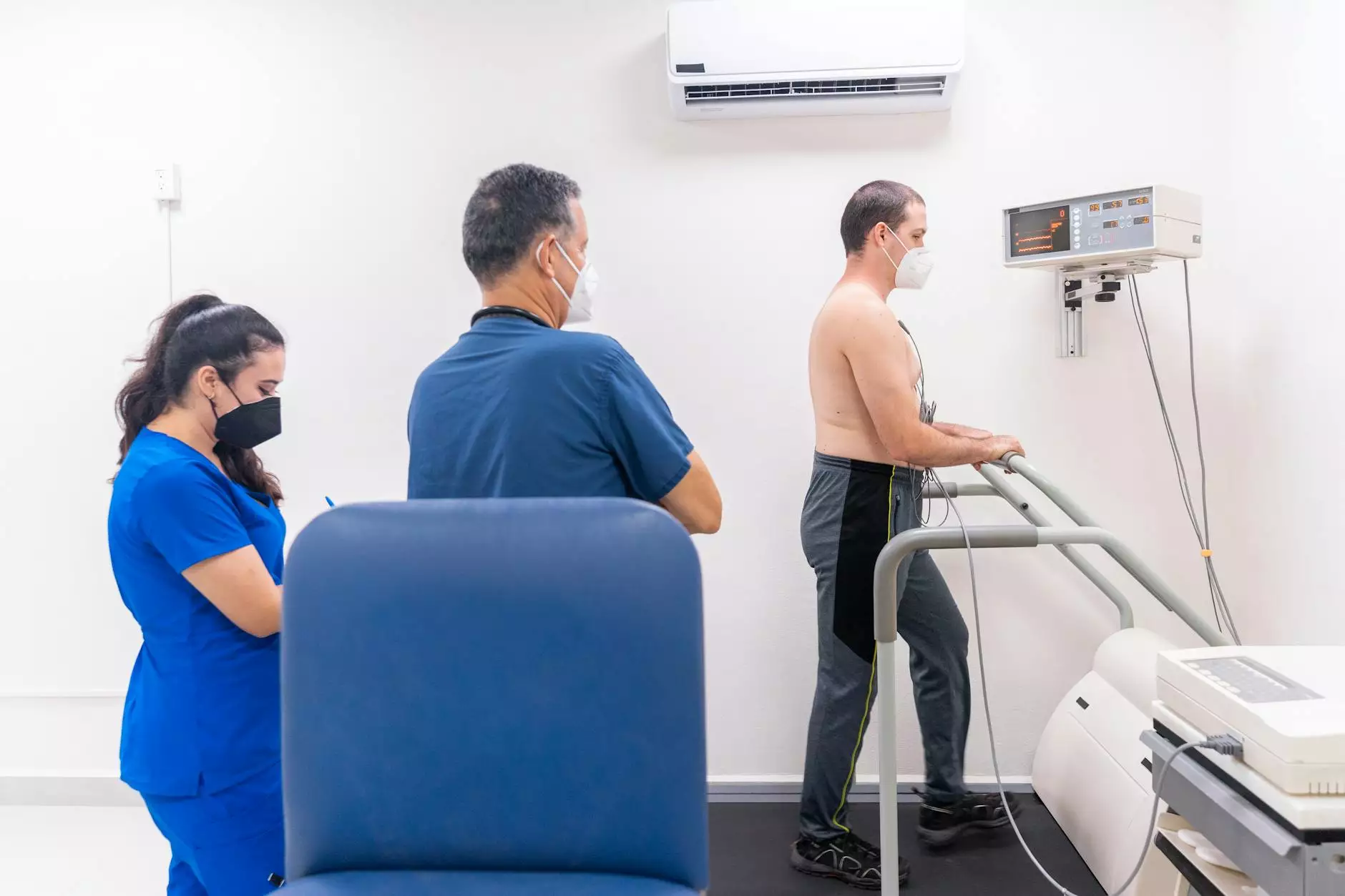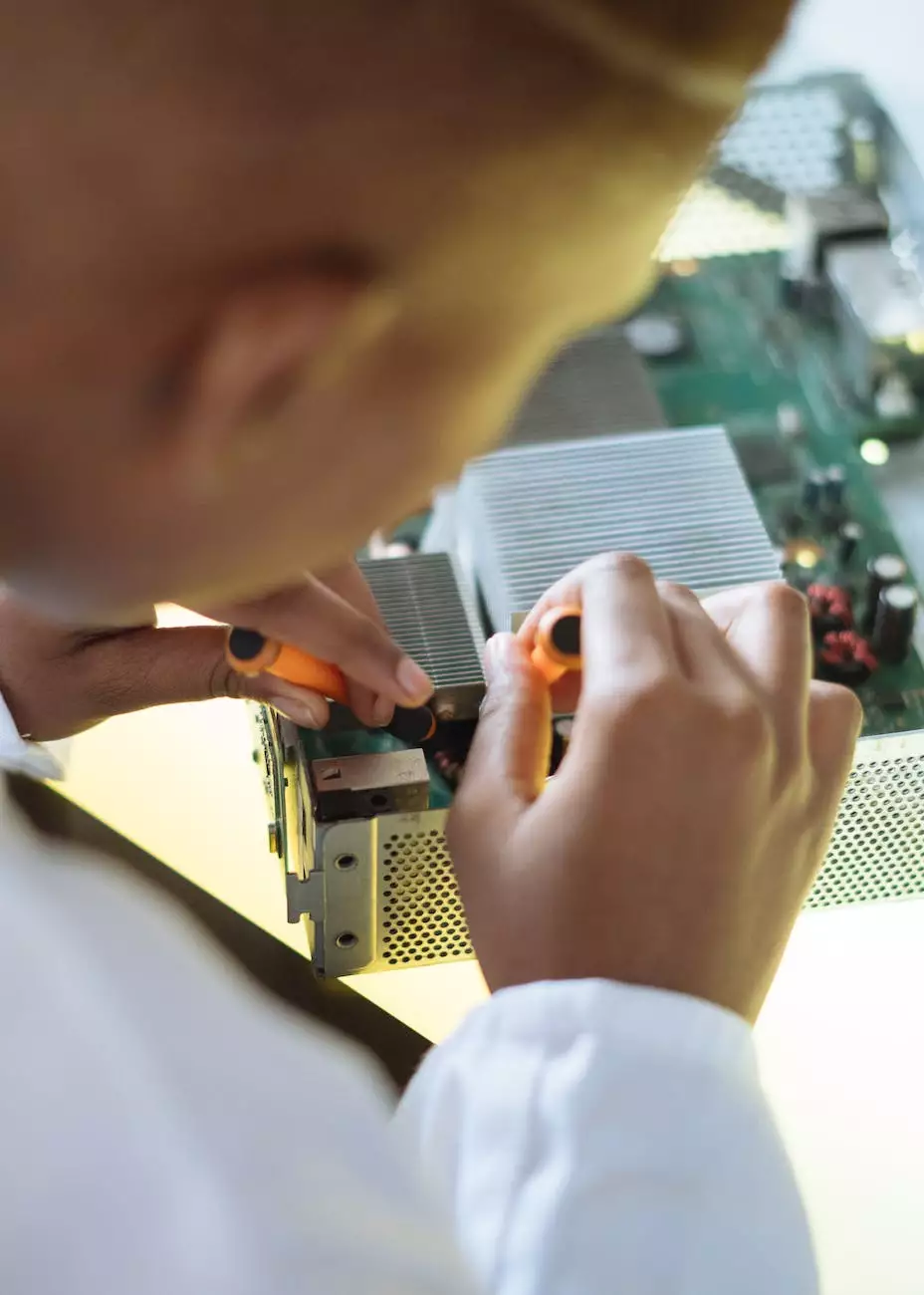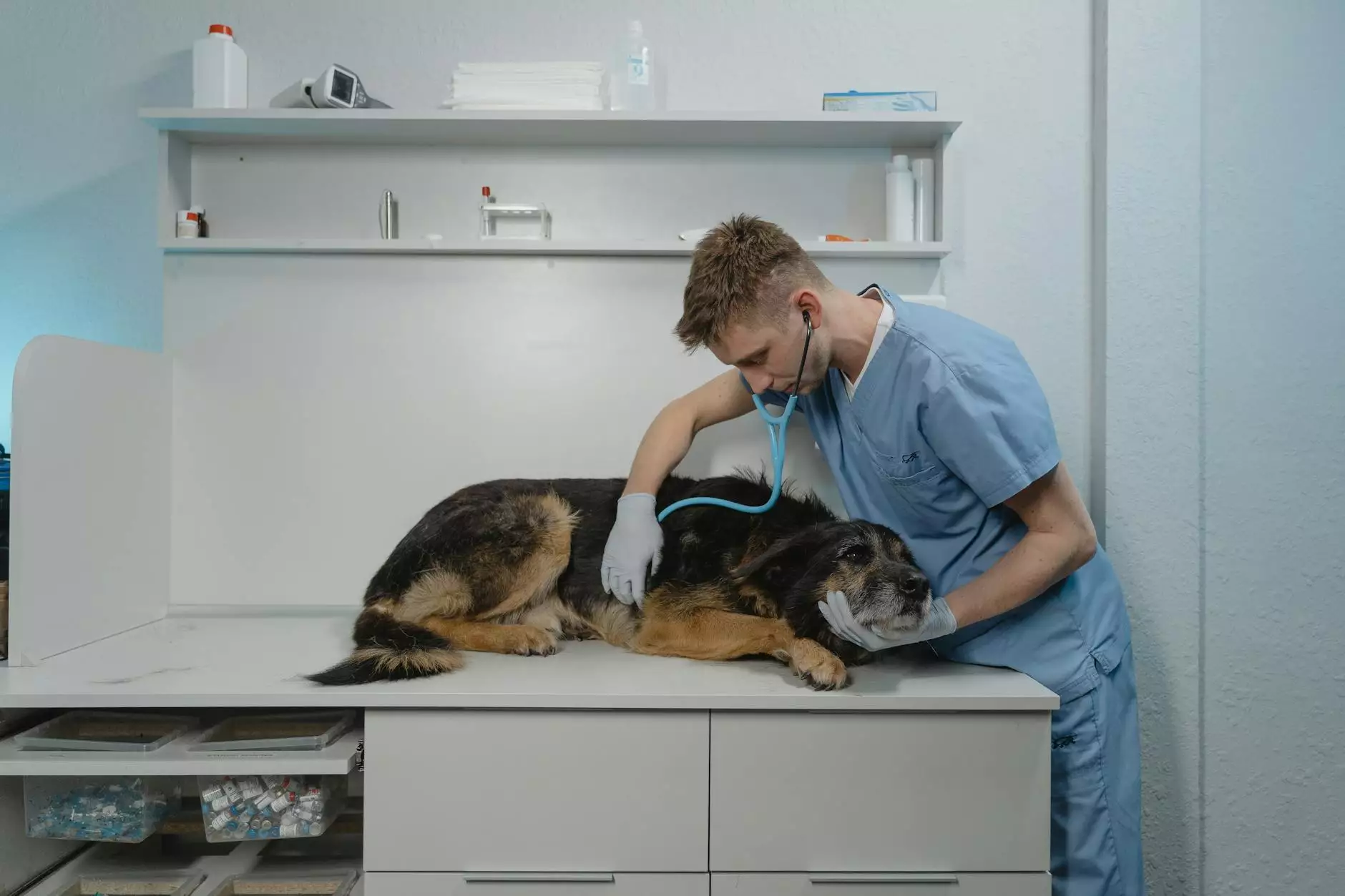Implantable Cardioverter Defibrillator (ICD) - Comprehensive Information

Introduction
Welcome to the comprehensive information page on Implantable Cardioverter Defibrillators (ICDs) brought to you by Richard Martinez, MD, a renowned expert in heart and vascular care. If you or a loved one has been diagnosed with a heart condition that can lead to life-threatening arrhythmias, an ICD might be a recommended course of treatment.
Understanding Implantable Cardioverter Defibrillators (ICDs)
An Implantable Cardioverter Defibrillator (ICD) is a small electronic device that is implanted under the skin to monitor the heart's rhythm and deliver appropriate therapy when abnormal heart rhythms are detected. This device is designed to treat potentially fatal cardiac arrhythmias such as ventricular fibrillation and ventricular tachycardia. It works by delivering an electric shock to restore the heart's normal rhythm and prevent sudden cardiac arrest.
Benefits of Implantable Cardioverter Defibrillators (ICDs)
ICDs offer numerous benefits for individuals at risk of developing life-threatening arrhythmias. The advantages of having an ICD include:
- Protection against sudden cardiac death: ICDs can effectively prevent sudden cardiac arrest, ensuring that the heart maintains a regular rhythm even in critical situations.
- Improved quality of life: With an ICD, patients can gain peace of mind, knowing that they have a device that constantly monitors their heart rhythm and is capable of delivering life-saving shocks if necessary.
- Emergency response and 24/7 protection: ICDs provide continuous protection against arrhythmias, working tirelessly to ensure the heart remains in a stable rhythm.
Risks and Alternatives
Like any medical procedure, there are risks associated with the implantation of an ICD. Some potential risks or complications may include infection, bleeding, and device malfunction. However, it is important to note that the risks are relatively low compared to the life-saving benefits an ICD can provide. Your doctor, Richard Martinez, MD, will thoroughly discuss the risks and benefits with you to help you make an informed decision.
There are alternative treatments available for certain heart conditions, such as anti-arrhythmic medications or cardiac ablation procedures. However, these may not offer the same level of protection and immediate response as an ICD. It is crucial to consult with Dr. Martinez to determine the most suitable treatment option for your specific case.
The Implantation Procedure
The implantation of an ICD involves a minor surgery, typically performed under local anesthesia. During the procedure:
- A small incision is made below the collarbone, and the lead wires are inserted into a vein and positioned in the heart.
- The ICD generator is then connected to the lead wires and placed under the skin.
- Once everything is in place, the incision is closed, and you will be monitored to ensure proper functioning of the device.
Post-Implantation Care and Follow-Up
After the implantation procedure, you will have to adhere to some guidelines to ensure the proper functioning of the ICD and minimize potential risks. Dr. Martinez will provide you with detailed instructions, but here are some general post-implantation care tips:
- Avoid activities that may interfere with the device, such as strong electromagnetic fields and certain medical procedures.
- Take note of any symptoms or changes in your health and inform your doctor immediately.
- Regular follow-up appointments will be scheduled to monitor the device, adjust settings, and ensure optimal performance.
Contact Richard Martinez, MD for Expert Heart and Vascular Care
If you have further questions or concerns about Implantable Cardioverter Defibrillators (ICDs) or would like to discuss your specific situation, do not hesitate to contact Richard Martinez, MD, a recognized specialist in heart and vascular care. Dr. Martinez and his team are dedicated to providing exceptional care and assisting patients with the highest level of expertise.
Remember, your heart is precious, and by seeking the right treatment, you can safeguard your health and enjoy a better quality of life. Reach out to Richard Martinez, MD, today!










